To provide the best experiences, we use technologies like cookies to store and/or access device information. Consenting to these technologies will allow us to process data such as browsing behaviour or unique IDs on this site. Not consenting or withdrawing consent, may adversely affect certain features and functions.
The technical storage or access is strictly necessary for the legitimate purpose of enabling the use of a specific service explicitly requested by the subscriber or user, or for the sole purpose of carrying out the transmission of a communication over an electronic communications network.
The technical storage or access is necessary for the legitimate purpose of storing preferences that are not requested by the subscriber or user.
The technical storage or access that is used exclusively for statistical purposes.
The technical storage or access that is used exclusively for anonymous statistical purposes. Without a subpoena, voluntary compliance on the part of your Internet Service Provider, or additional records from a third party, information stored or retrieved for this purpose alone cannot usually be used to identify you.
The technical storage or access is required to create user profiles to send advertising, or to track the user on a website or across several websites for similar marketing purposes.
 A new report from the IZA Institute of Labor Economics claims that working mothers serve as role models for the working lives of their children, especially their daughters. The report suggests that while the inter-generational correlation of labour market outcomes has been a subject of interest among both academics and policymakers for a long time, much of the literature has focused on the correlation of earnings. The new report argues that not only is the potential to earn transmitted across generations but also the willingness to work more generally. More →
A new report from the IZA Institute of Labor Economics claims that working mothers serve as role models for the working lives of their children, especially their daughters. The report suggests that while the inter-generational correlation of labour market outcomes has been a subject of interest among both academics and policymakers for a long time, much of the literature has focused on the correlation of earnings. The new report argues that not only is the potential to earn transmitted across generations but also the willingness to work more generally. More →




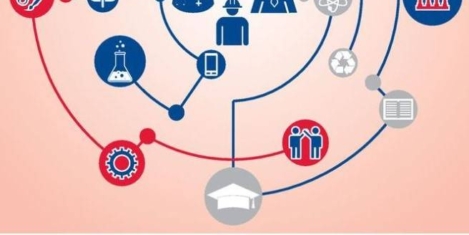
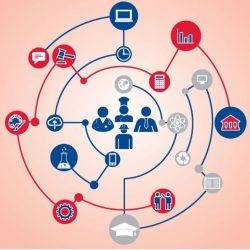




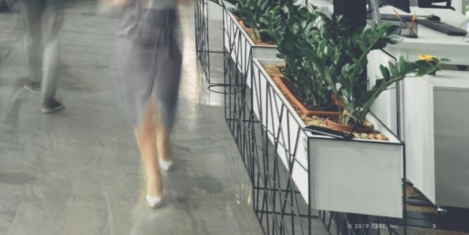


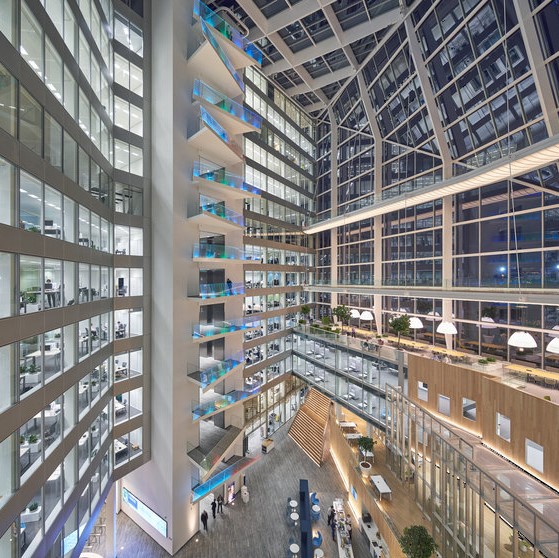
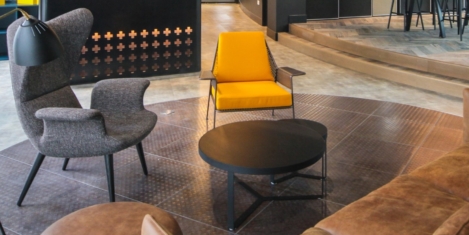
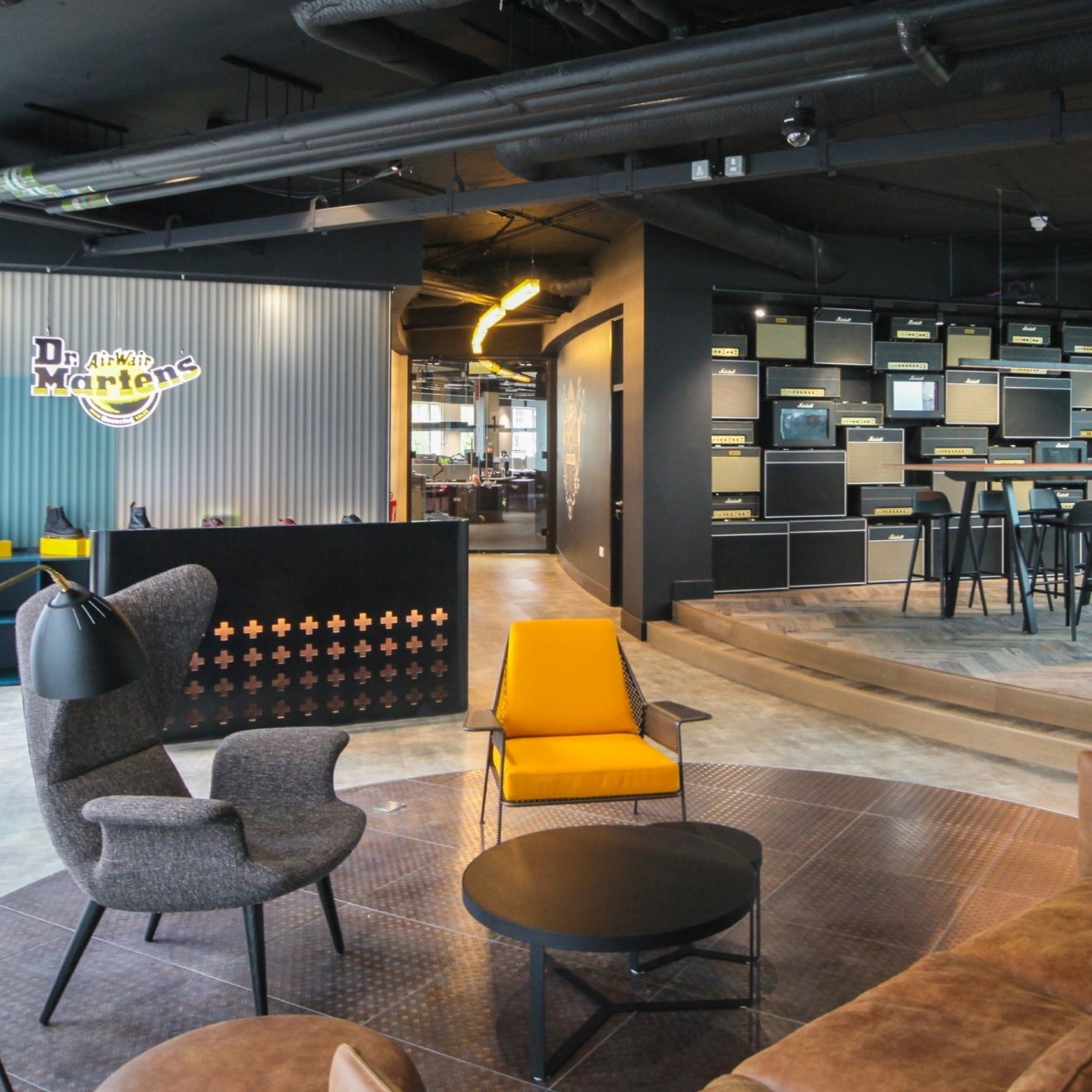
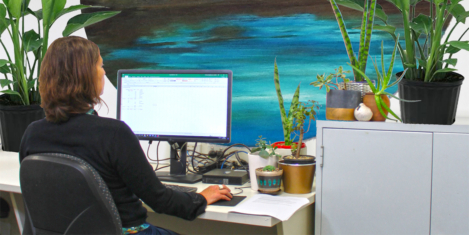
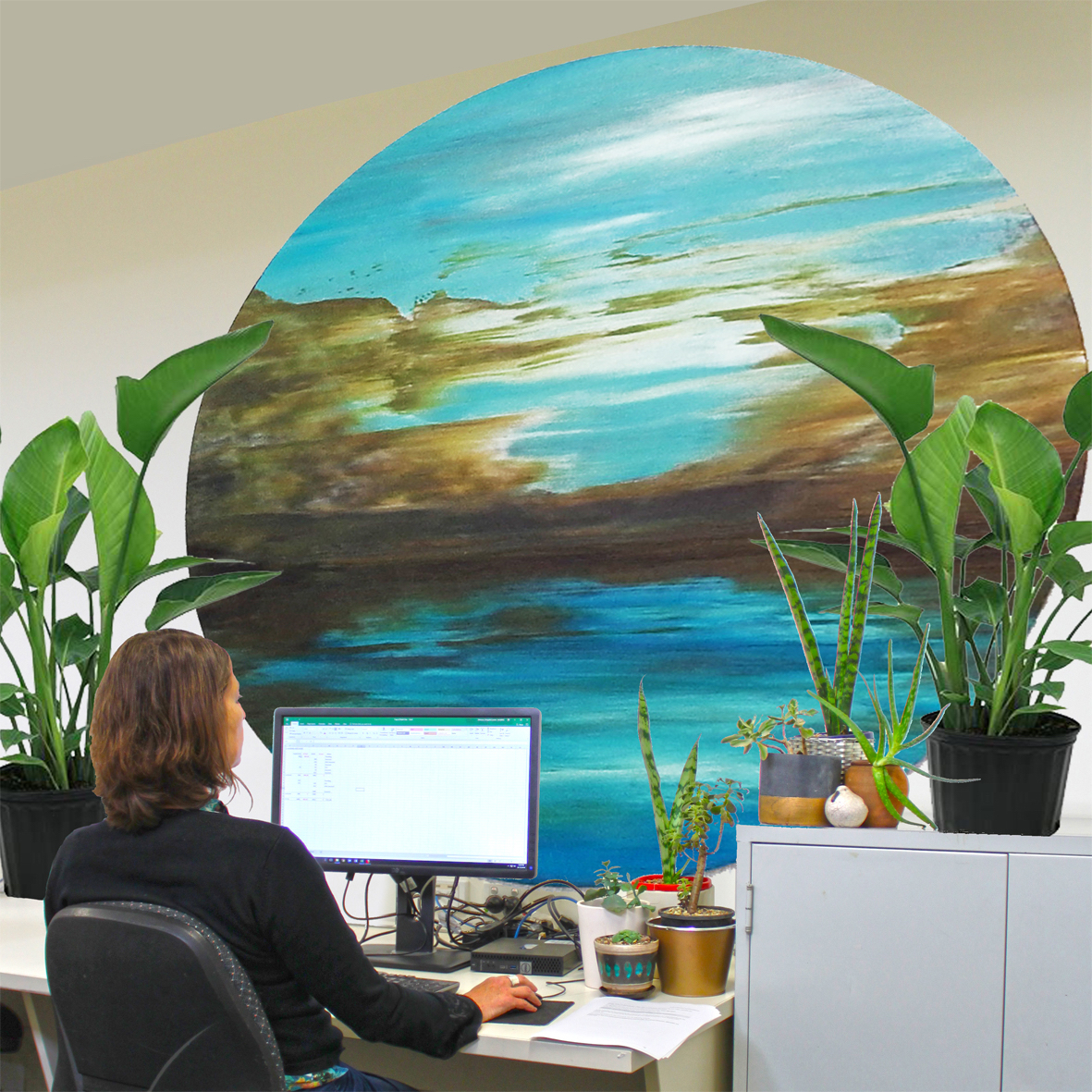


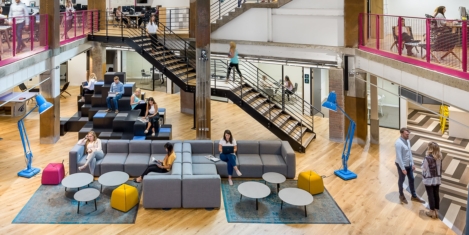
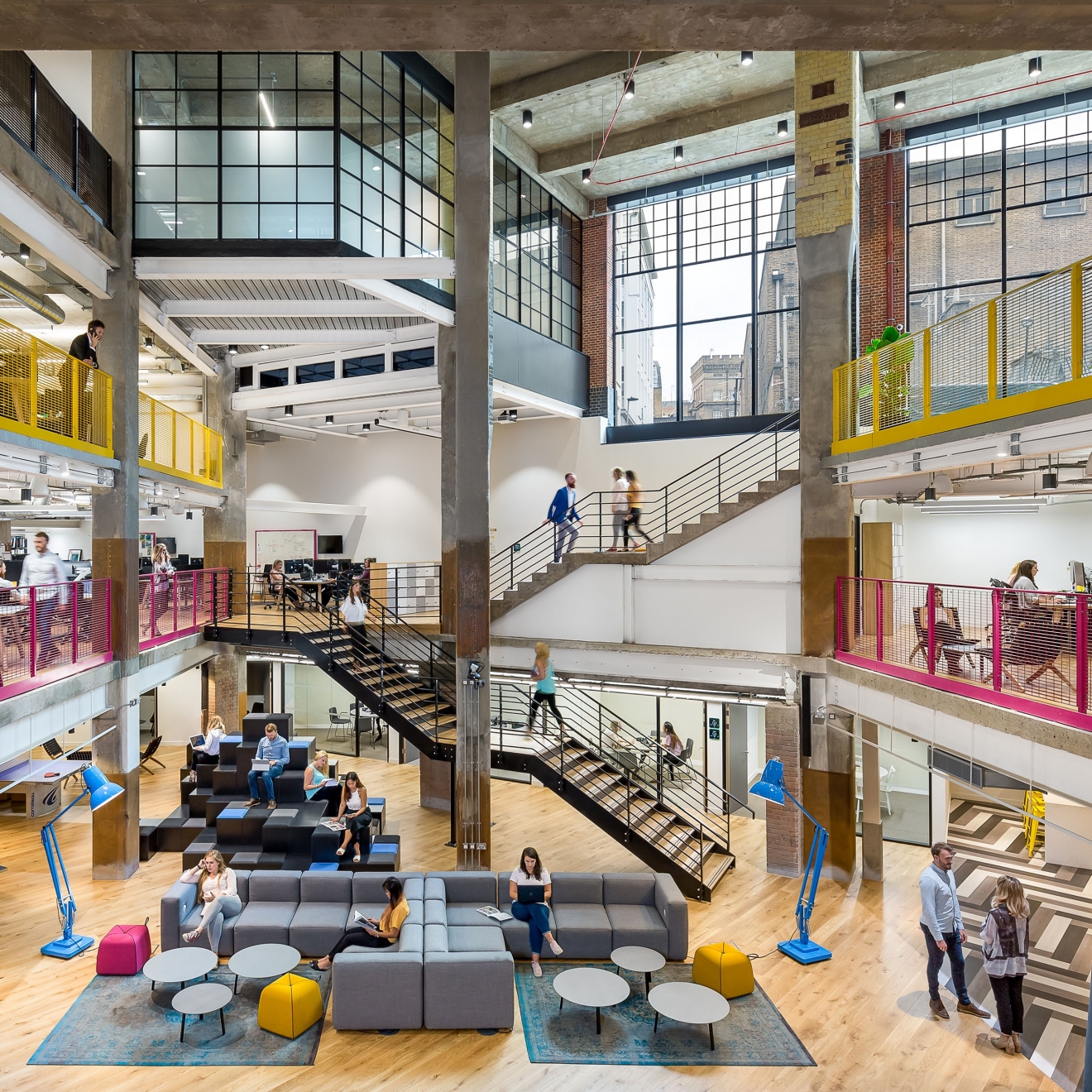












September 23, 2019
Office design alone cannot motivate us or make us happy at work
by Mark Eltringham • Comment, Knowledge, Workplace, Workplace design